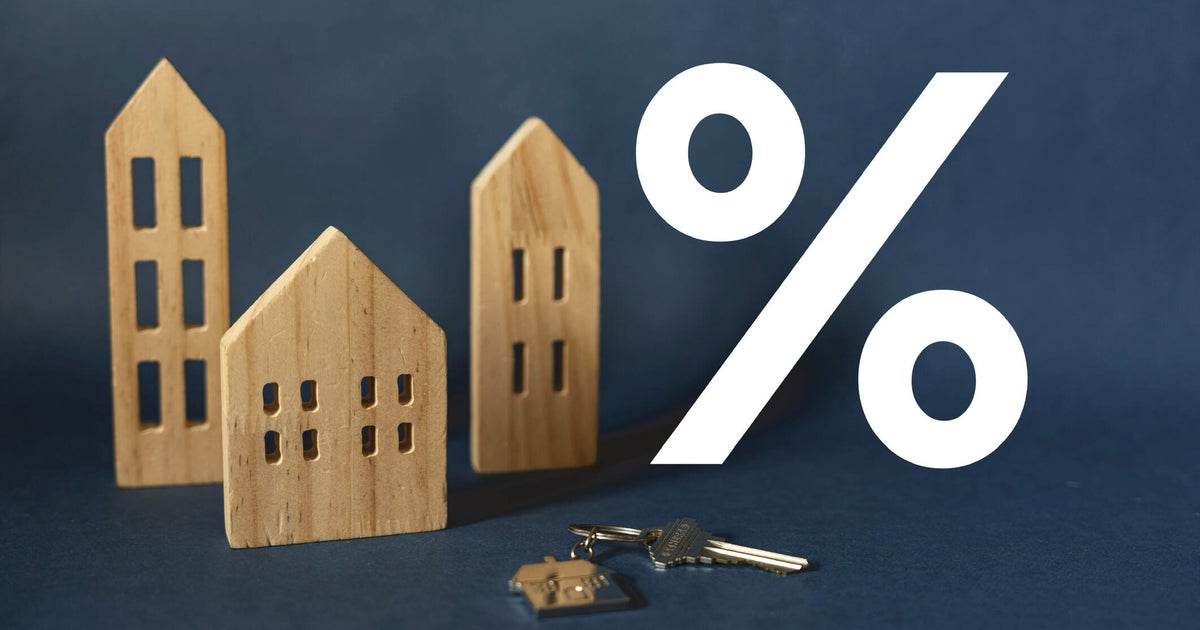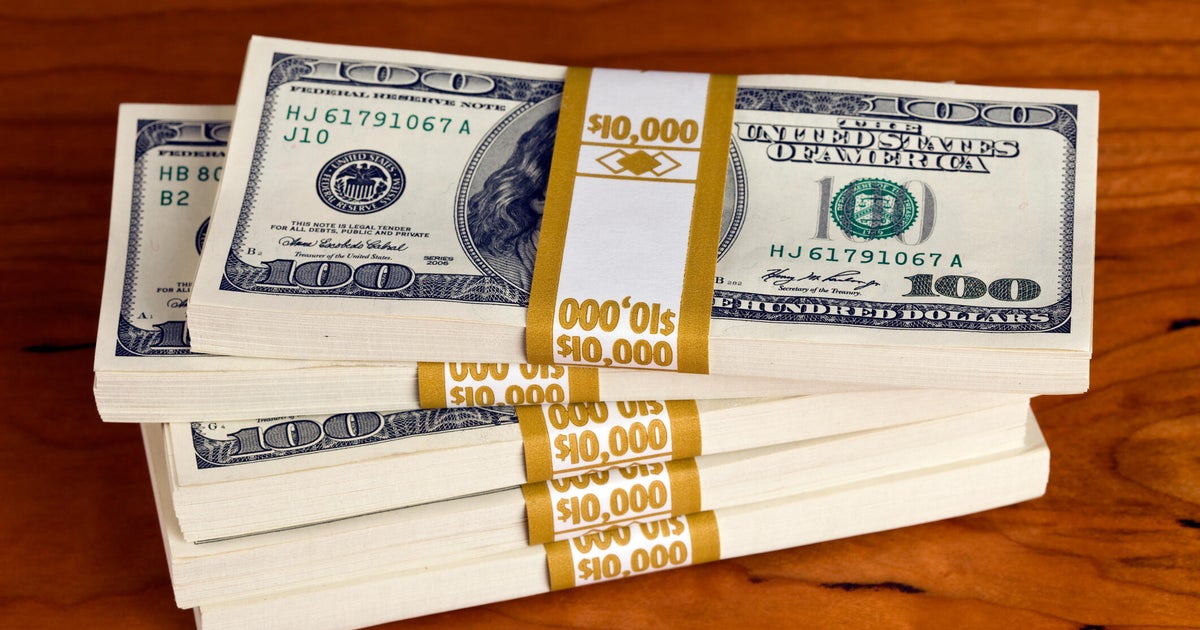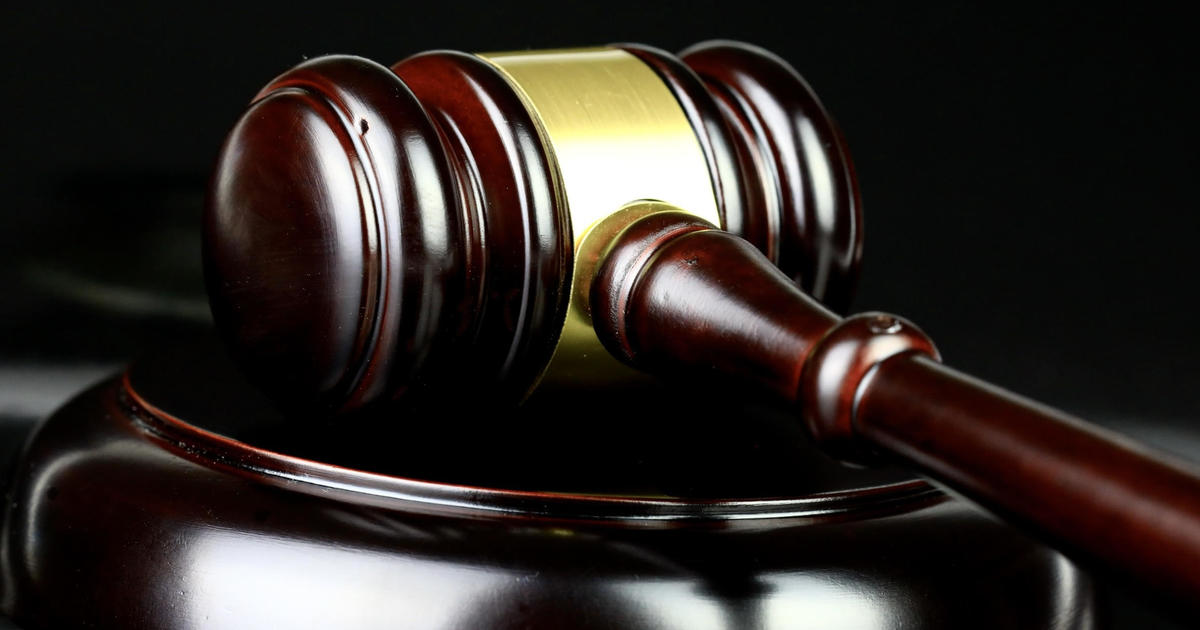There's a big "appraisal gap" between Black and White homeowners
The appraisal value of homes in predominantly Black and Latino neighborhoods is oftentimes much lower than that of houses in mostly White communities, according to a recent analysis from Freddie Mac.
The government-chartered mortgage giant's analysis includes more than 12 million home appraisals and pinpoints where in the U.S. those appraisals were completed. Researchers found that 12.5% of homes appraised in Black communities were valued at less than the original cost of constructing the home. That figure compares to 7.4% of homes in White neighborhoods and as 9.4% of homes in Latino areas, the analysis found.
The differences suggest there's an "appraisal gap" among homeowners of color and it exists across the nation, Freddie Mac officials said. Michael Bradley, a senior vice president for Freddie Mac, said in a statement that the gap "could also mean families might miss out on the full wealth-building benefits of homeownership or may be unable to get the financing needed to achieve the American Dream in the first place."
For some Black and Latino families, owning a home is the first step toward building generational wealth. An appraisal gap would likely bar those households from growing equity in their homes, crippling their chances of borrowing against the property or selling it at a greater profit later.
In addition to the appraisal gap Freddie Mac found, studies have shown that Black and Latino homebuyers have a tougher time landing a mortgage — and when they do acquire a loan, it sometimes carries a higher interest rate than for Whites in similar economic circumstances. In some instances, real estate agents have been known to steer Black homebuyers to less desirable neighborhoods.
As of April, the Black, Hispanic and White homeownership rates in the U.S. are 44%, 47% and 74%, respectively, according to St. Louis Fed data.
Years of discrimination
To some extent, the data collected by Freddie Mac — which buys mortgages from commercial banks to help lower the costs of borrowing to buy a home -- validates the many anecdotal claims of discrimination that Black and Latino homeowners say they have experienced for years.
An African-American homeowner who had her home in a historic neighborhood in Indianapolis appraised for $110,000 even though the true value was closer to $259,000. The homeowner, Carlette Duffy, is now suing the appraiser who she said undervalued her property, the Indianapolis Star reported.
In Ohio, Black homeowners Erica and Aaron Parker reportedly had their home appraised for $465,000. The couple then decided to remove pictures of their family and replace them with photos of White people before getting a second appraisal, USA Today reported. The second appraisal came in as $557,000.
Housing discrimination experts say Freddie Mac's analysis highlights the widespread racial bias in home appraisals.
"What you have is arguably the most data-rich organization issuing a scathing report about appraisers," Brookings senior fellow Andre Perry told CBS MoneyWatch. "It's the utmost authority on housing, and they're basically saying there's appraiser bias that's robbing people of wealth."
The report also points to a role for automated property valuation services as a way to combat racism, added Perry, author of "Know Your Price: Valuing Black Lives and Property in America's Black Cities."
"It's going to force the [appraisal] industry to really reckon with its members and reckon with racism," he said. "If you have an authority like Freddie issuing this report, there should be some type of follow-up and guidance on how to hold people accountable."
Freddie Mac's data was based on appraisals of single-family homes in the top 30 metropolitan areas in the nation. The appraisals reviewed were submitted between January 2015 and December 2020. The research does not explain what's causing the gap.



